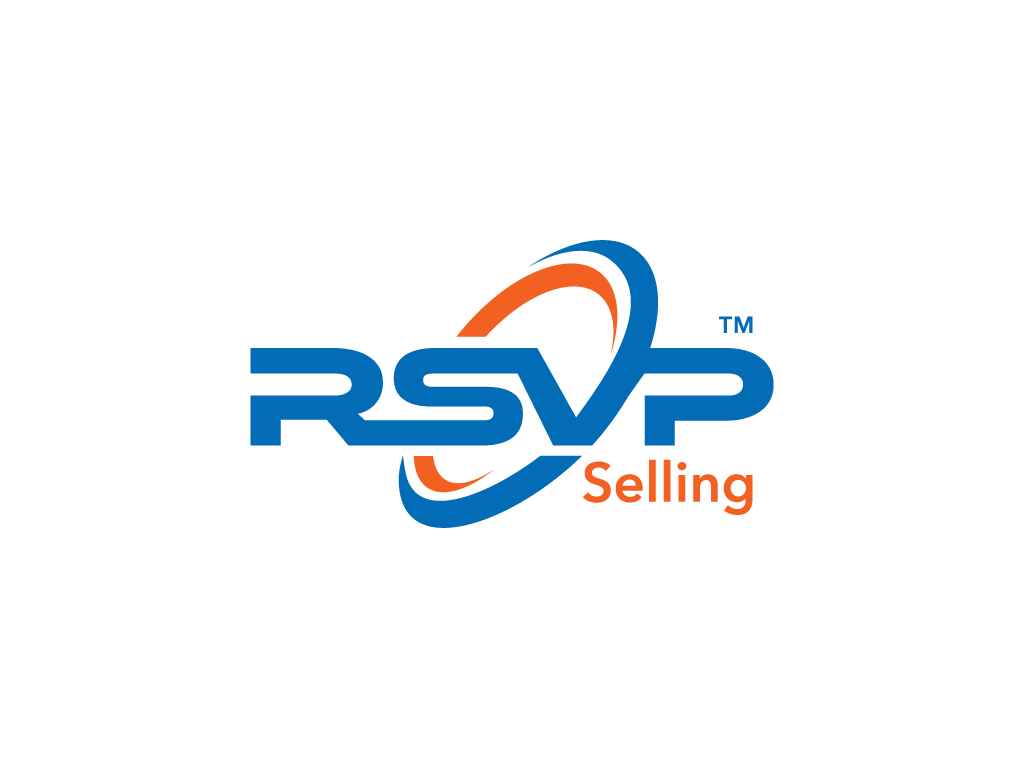Are you guilty of any of these LinkedIn faux pas, indiscretions and bloopers? I've spent a fair amount of my life in social lately. Granted I've experimented wildly myself and no doubt lost one or two followers along the way. I actually had one fast enemy once but his bark was louder than his bite and he was frozen in his tracks by all of you. (Above Dracula profile credit to Celina Guerrero's brilliant blog)
I want to specifically call out the biggest mistakes in a shock-and-awe list for your viewing pleasure and overall amusement – write or comment and let me know what I've missed!
1) Profile picture of a dude with a hot date, Ferrari yacht or in a leisure suit. Embrace some decorum and panache - you could be doing real business on here as opposed to radiating Deuce Bigalow! Your LinkedIn CV is not a bragging contest or 'Rich Kids of Instagram.' Don't have shades on or snap a pic from a rager party!
2) Using LinkedIn like a dating social network. No – this is not Facebook! Recently some connection commented on my post, 'Wow, that woman is beautiful.'
3) QUOTA CRUSHER profile. If you claim to crush your clients at 300% you will repel clients like Dracula taking a holy water bath!
4) Feedclogging e.g. posting the same article in 20 groups to jam up the newsfeed. Motivational posters or kitschy cats with snorkles is again a bad idea.
5) Sharing pictures of sunsets, classic cars, celebrities and quote bombing. Again, it's not Facebook or the aisle of the grocery store. Post clean people!
6) Formulaic auto-response promoting your 5 latest books. This is almost worse than a Twitter DM.
7) Soliciting business as a formulaic chain letter spam to a dozen friends all openly CC'd. Any time I'm being asked to wire money to Cameroon.
8) Dubbing yourself a social media expert. Who isn't? Completely non-differentiated simplistic and generic Publisher posts that state the obvious make you Captain Obvious. Snore!
9) Spamming on comments. There are a couple profiles in here being powered offshore that take a contrarian tone (debating everything) or like every single comment on major posts. Broken English auto-bot spam or backlinks with phishing attempts.
10) Link Bait - Posts claims specialized knowledge and then is basic. Post gives you one paragraph and then forces a click to a gated site where email is required.
Bonus Round:
- Why is LinkedIn Influencer closed? Even top authors around the world can't get in. But many who got in early have less reach. Seems unfair. I bet many of us have written them on this point. It's not a contest but I'd imagine I have more sales validity than a Kardashian... just maybe! [No, I've never asked LinkedIn to make me an Influencer]
- Writing referral requests to people who have never met you? How on Earth could they possibly refer you?
- Asking for endorsements from people who couldn't pick you out of a police line-up!
- Endorsing someone who has no clue who you are. #creepy
- Using InMail to reach me with an investment offer that looks sketchy.
- No information on their profile. No profile picture. Scary up close selfie.
- Wildly over-polished YouTube videos that look like an 80's self-help informercial.
- Name dropping, grand standing and narcissism.
- Whoever that business reporter is who wrote 25 identical posts about Marissa Mayer. Super irritating! Please vary the subject matter.
- LinkedIn experts that consistently post the same SEO optimize or redo the writing on your profile but don't teach any advanced Group Strategy, Publishing or how to leverage LinkedIn with Twitter, Google+ and YouTube.
- Haters, trolls, misanthropes and shock jocks.
- Social Sellers who oversimplify what it's really going to take to monetize all this from both a time and effort perspective and in respect to methods that came before which must be firing on all cylinders too to stand a snowball's chance in hell of make strategic social selling work.
- Outright plagiarism. Not quoting where statistics come from.
- Spamming me with those unimaginative - Make Money with LinkedIn Courses. I recently got an ad for LinkedIn for Insurance Agents.
- Stop liking and commenting on 'hot' people's profiles especially when I see it in my feed! This is a business network.
- I don't doubt that there are many models who are active in career networks but let's face it, not everyone's a model. Not exactly a trust builder:
- Fake profiles from lead gen companies that clearly aren't a real person. They usually feature a young looking model and no data on the company. They add in and spam you with 'generate 3 to 4 leads' per day until you must delete them.
- LinkedIn LIONs that literally post a picture of a Siberian White Tiger on the hour saying, 'Let's connect!' I'm serious this actually happens.
Now it's your turn? What annoys the heck out of you on LinkedIn that I missed? How are people abusing the system or not getting it right?
If you valued this article, please hit the ‘like' and ‘share’ buttons below. This article was originally published in LinkedIn here where you can comment. Also follow the award winning LinkedIn blog here or visit Tony’s leadership blog at his keynote speaker website: www.TonyHughes.com.au.
Main image photo by: David Blackwell
























